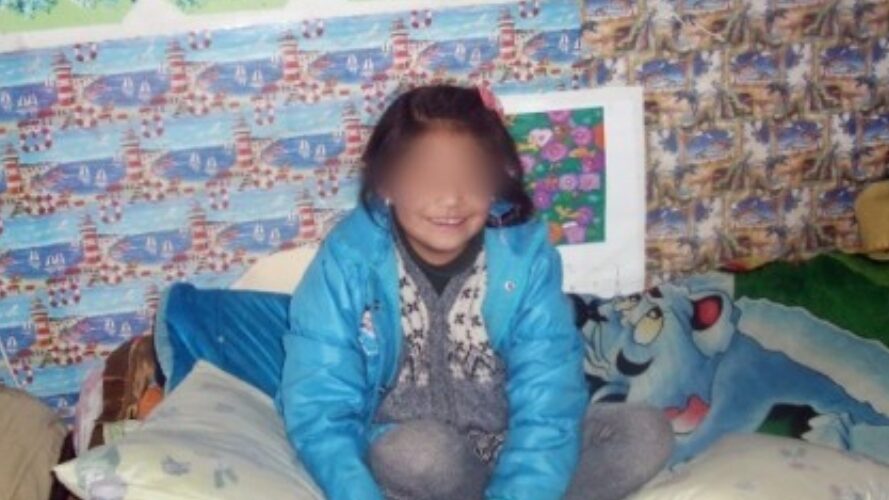Despite the Odds, Lana’s Family Finds Justice in Four Months
Sexual Violence
Earlier this year, 7-year-old Lana* and her brother went with their mother to have lunch at a friend’s house. While the mothers took a walk around the neighborhood, the friend’s uncle agreed to watch the children.
The afternoon quickly turned into a nightmare: When Lana’s 11-year-old brother heard the terrified screams of his little sister, he ran to help her. He found his friend’s uncle sexually abusing his little sister. He called his mother to come back to the house immediately.
The Harsh Odds for Half the World
Both of Lana’s parents wanted to see justice done for their little girl. Their determination sets them apart—many poor families in the developing world do not attempt to engage in the justice system at all.
Four billion of the world’s poorest live outside the protection of the law, according to the UN. If you are in this half, you likely won’t go to the police at all because you expect you’ll have to pay a bribe. Even if you do go to the police, you will fear reprisal from criminal’s family. And if you manage to file a complaint, you need a good lawyer to push your case through a backlogged system—an impossible expense for people teetering on the sharp edge of poverty.
Your odds of actually getting justice are dismal: in Bolivia, criminals who sexually assault a child are less likely to go to jail than they are to die from slipping in the shower.
When Lana’s parents reported the crime to a local social services agency in their community, the government official told them about IJM. The family found the help they needed to pursue justice for their daughter.
Seeking Justice—and Innovation
IJM supported the public prosecutor who had been assigned the case. Together, the lawyers gathered evidence and assembled the facts of the case.
In Bolivia, getting all parties into the courtroom is a huge challenge—there is no consequence if a juror or even a judge fails to show up. So before every hearing, IJM staff would make calls to everyone involved in the hearing reminding them to show up and making sure they had transportation to get there.
In July, the family friend who assaulted Lana admitted to the sexual assault charges against him and agreed to enter a plea bargain. The hearing took place on July 30, at the prison where he is detained.
“Holding the hearing at the prison is an innovation by the IJM team and the judge in Lana’s case,” explains Greg Tarrant, IJM Bolivia Field Office Director.
“One of the recurring challenges we face is getting people to show up for a hearing. Sometimes, the defendant cannot get to the courthouse, simply because there are not enough cars or law enforcement officials available to drive him from the prison. To solve this logistical problem, we worked with the judge to bring the hearing to the defendant.”
The man was sentenced to twenty years in prison. Because he entered the plea bargain, there is no chance he can appeal.
Moving Forward
The entire trial took four months—a remarkably short amount of time for sexual assault cases in Bolivia. In most IJM cases, trials last two to three years; cases without a private lawyer may take longer or never conclude at all.
Justice has been done, and Lana and her family are moving forward.
IJM has connected Lana and her brother to another organization close to their home so they can continue receiving trauma-focused therapy.
After her parents learned about the 20-year sentence, Lana’s father said, “I am beyond grateful for IJM’s help throughout this entire process. I cannot thank them enough for supporting my family over the past four months and for their hard work in seeking justice for my daughter. We could not have done this alone.”
*A pseudonym.